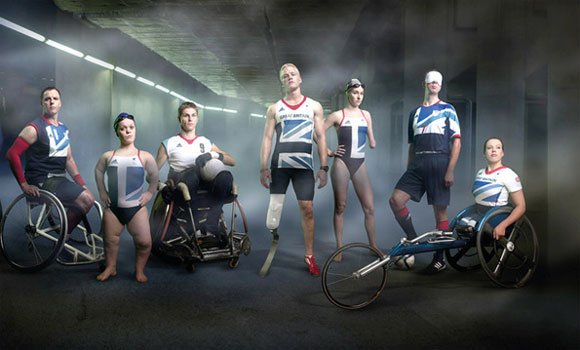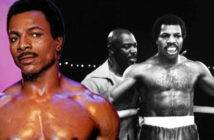By Simone Galimberti
With 4,350 world-class athletes representing 176 nations competing for medals in 23 sport competitions, the upcoming Paralympic Games in Rio, especially after the great successes of the London edition, have truly become one of the biggest global sport events.
Yet for many developing countries like Nepal, participating at the games is a real challenge.
In comparison with the big sport nations like USA, UK and China, the number of participants representing Nepal, for example, is dismally low, an obvious indicator of the status of disability sports in the country.
Considering that there are still two Paralympics Committees, one recognized by the Government and one by the International Paralympics Committee, that there is no long term strategic planning and adequate resources allocated for the development of the sector, actually the readers should be positively surprised that Nepal has been able to send such a team to the games.
The same trend is valid in many other developing countries that in matter of inclusive sports, are marred by political disagreements and misappropriation of resources.
Yet sport playing has a powerful impact in the lives of millions of persons all over the world, women, man, disable, able bodied, straight or gays: no matter who you are, what are your believes, embracing sports can be a life changing experience.
The United Nations recognized the role played by sports: a dedicated United Nation Office on Sport for Development and Peace, UNOSDP, is active in Genève and the General Assembly recognized the role of sports as an “enabler” to the fulfillment of the “The 2030 Agenda for Sustainable Development”.
There is an overall recognition of “growing contribution of sport to the realization of development and peace in its promotion of tolerance and respect and the contributions it makes to the empowerment of women and of young people, individuals and communities as well as to health, education and social inclusion objectives.”
Because of its contributions to the implementation of each of the Global Goals for Sustainable Development, from imparting important life skills to fight poverty and ensuring, through physical activities, healthy lives and well being promotion, sports have an undisputed potential to be the game changer in the fight against poverty, and to be catalyst creating the conditions for sustainable peace.
It is not a coincidence that the August edition of UN Chronicle, the official magazine of the United Nation is dedicated to the role of sports as a tool to make the world a better, safer and just place to live for all.
Yet globally as well as locally, many challenges persist in truly harnessing the power of sports in the development sector.
Internationally more resources should be allocated to put in place and to support initiatives in the peace through sport field and development, including more resources to put at disposal of UNOSDP. As well, as upgrading its status and ensuring more resources are allocated to the Special Adviser to the United Nations Secretary General on Sport for Development and Peace.
As fragmented as the United Nations System is with its myriad of agencies and programs, we really need a “One UN” approach to support and scale up promising innovative sectors like sport for peace and development.
Currently, there are many organizations that are making great efforts to promote sports as a tool for positive change, such as Peace and Sport located in the Principality of Monaco, Beyond Sports in the UK and the sportanddev.org web platform.
Inclusive sport practices for persons living with disabilities, physical or intellectual, should not mirror the trends in the national development that often portrays disability as a standing alone issue.
Rather disability is a core component of any Gender equality and Social Inclusion strategy, GESI and any attempts at making Nepal or any other developing country more inclusive, should have this multifaceted approach at the core.
The same it is for inclusive sports: the achievements of athletes with disabilities should not be read as “social” features but rather should be found in the sport sections of the national daily. Training programs and awards and compensations for disable athletes should be at the par of their peers without disabilities.
The truth is that for many in Nepal as well as other developing nations, practicing a sport is often considered as a luxury and just for the better off segments of the population, with no such opportunities available for those who are vulnerable or in a wheelchair or moving around with a white stick.
Nothing is more wrong that this misconception and schools can play a very crucial as “level playing field” to ensure that habits of playing a sport are embedded in the lives of millions of children with all kind of abilities.
Winning a medal at the Olympic or Paralympics is a matter of good governance, transparency, resources, strategy and total dedication.
It is all about creating a culture that celebrates sports, all types of sports, practiced by all, able bodied persons, persons with physical and intellectual disabilities as well. It is all about creating a culture where every clean Paralympic and Olympic athlete is able to compete no matter its nationality, political context, gender, ideology and religion.
For sure one thing, the carnival of Rio from today till 18th of September will be not only about samba but also about amazing women and man competing and striving for glory.
Simone Galimberti is the Co-Founder of ENGAGE, Inclusive Change Through Volunteering




